Camp “Ilijin Vir” in Montenegro has launched a comprehensive sustainability initiative aimed at reducing its environmental footprint and strengthening its position within the country’s outdoor tourism sector.
The measures, introduced through the “Green Transformation of Camp Ilijin Vir” project, position the property as the first pilot model of sustainable camping in Montenegro, according to the Camping Association of Montenegro, which is partnering on the effort.
The family-operated campground sits along the Zeta River in the Zeta Nature Park and has long attracted visitors seeking natural surroundings and outdoor-oriented stays.
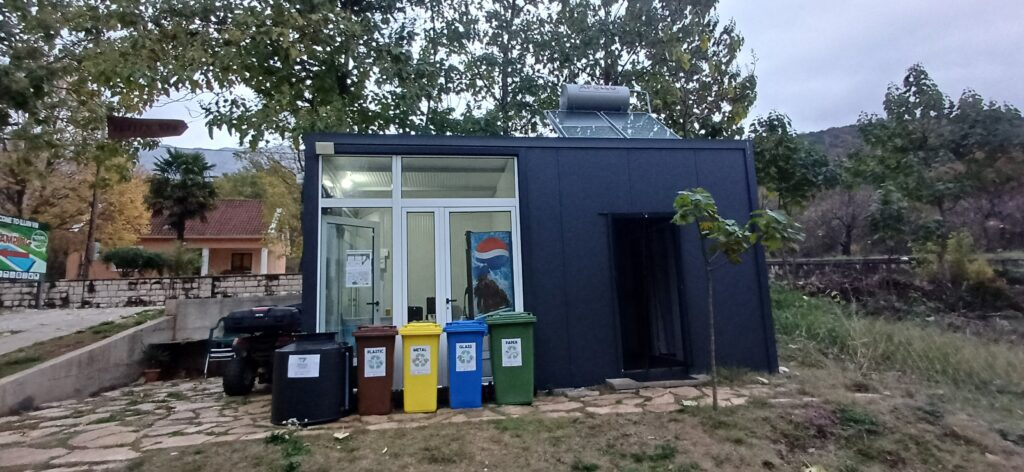
With the new project, implemented in 2024, the owners have taken steps to integrate renewable-energy systems, digital controls, and ecological standards designed to reduce energy and water usage while improving overall guest services.
Upgrades include renewable-energy water heating, sensors for automatic lighting shutdown, rainwater collection systems, and selective waste-disposal points. Early projections from the project partners estimate that these combined measures could reduce the campground’s resource consumption by roughly 30%.
Staff members also received training on applying sustainable practices, while visitors are being introduced to ecological concepts through onsite educational materials and new interactive features.
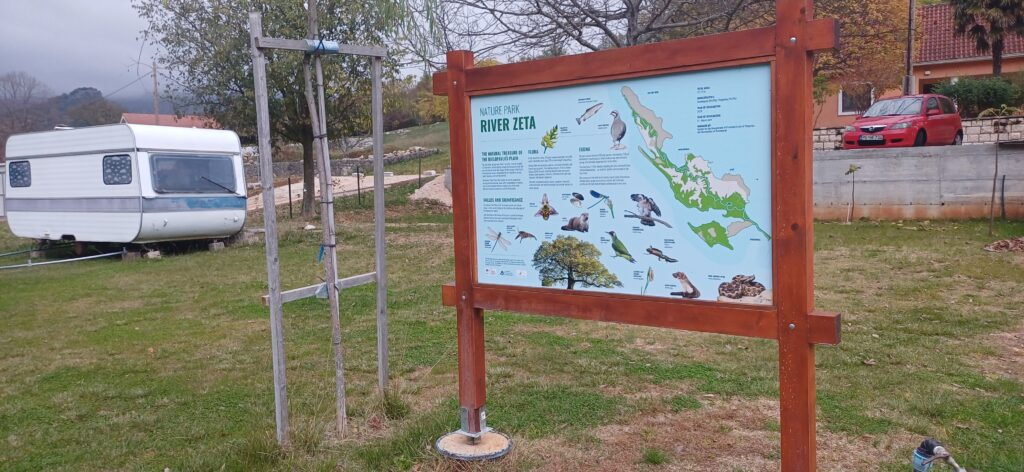
One addition is an information board highlighting native flora and fauna found within the Zeta River valley, including local plant species, birds, and river organisms that guests may encounter.
According to owner Goran Petričević, the effort aligns with emerging preferences among travelers who increasingly look for lower-impact stays.
“Today’s guests are environmentally aware and want to stay in places that respect nature. Our idea is to combine comfort and responsibility — to show that enjoying nature does not have to be a burden on it. Introducing green solutions and educating visitors not only protects the environment but also increases the value of our offer,” he said.
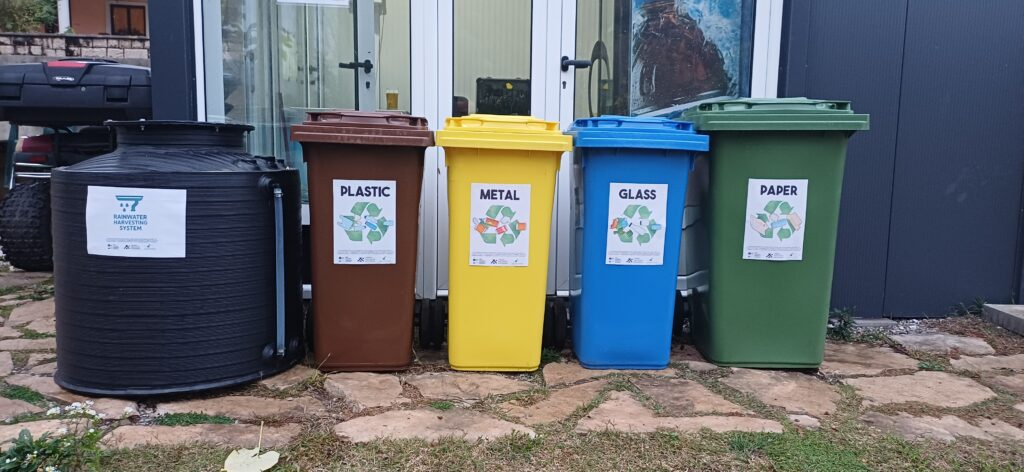
Representatives of the Camping Association of Montenegro say the project demonstrates how smaller operators can integrate sustainability into their business models.
Executive Director Veselin Bajčeta noted, “This project proves that sustainability is not a luxury but a necessity in modern tourism. ‘Ilijin Vir’ has set a standard that other camps across Montenegro can follow.”
The initiative has broader significance as the only Montenegrin campground selected for support under the European Cross-domain Open Innovation Programme, an EU-backed initiative funding green and digital innovation in small tourism enterprises.
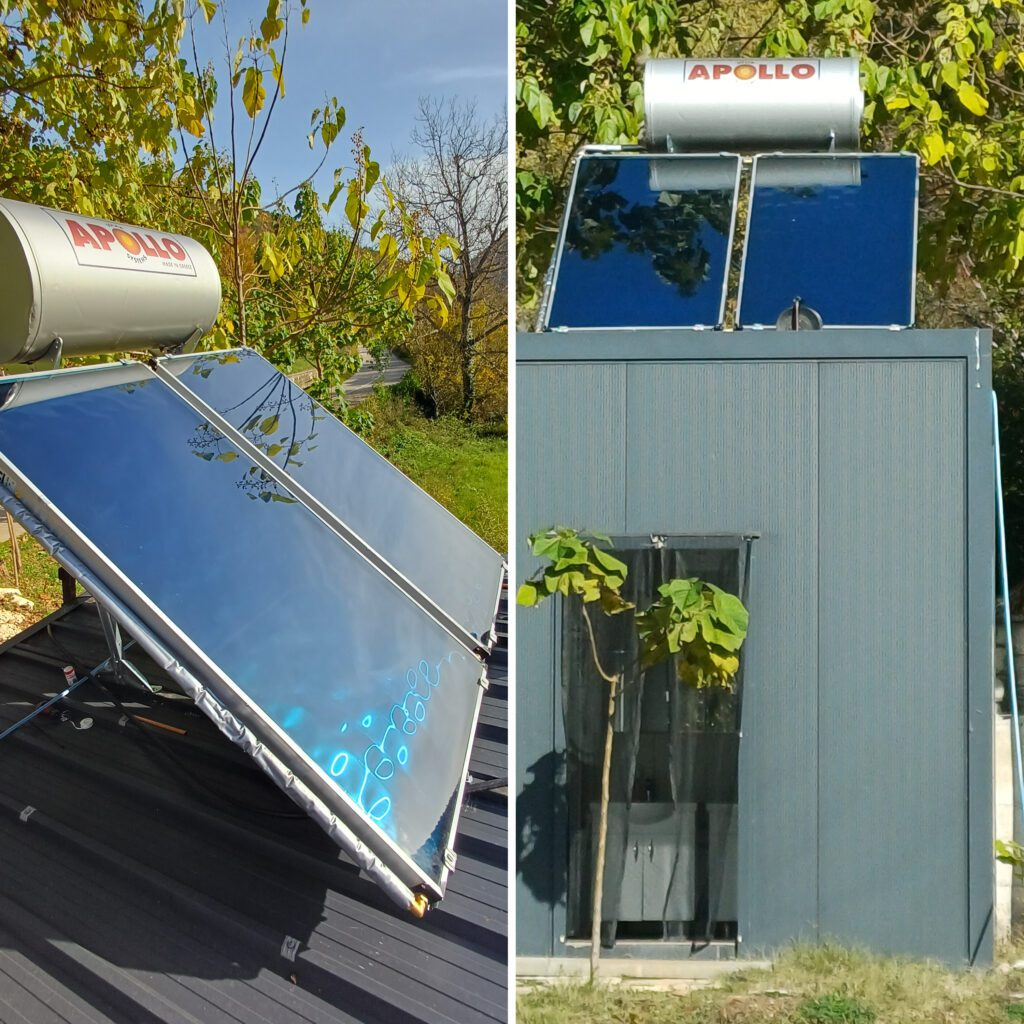
Approximately 80 projects across five EU member states and Montenegro received support through the program, positioning “Ilijin Vir” as the sole representative from the region’s camping sector.
Industry stakeholders view the project as a potential model for other operators, especially those in protected natural areas, to begin adapting to sustainability-driven market expectations.
For campground, glamping, and RV park owners across the region, the initiative illustrates how targeted improvements—such as energy-efficient systems, water-management tools, and visitor education—can reduce operational costs, improve guest satisfaction, and align properties with European environmental standards.
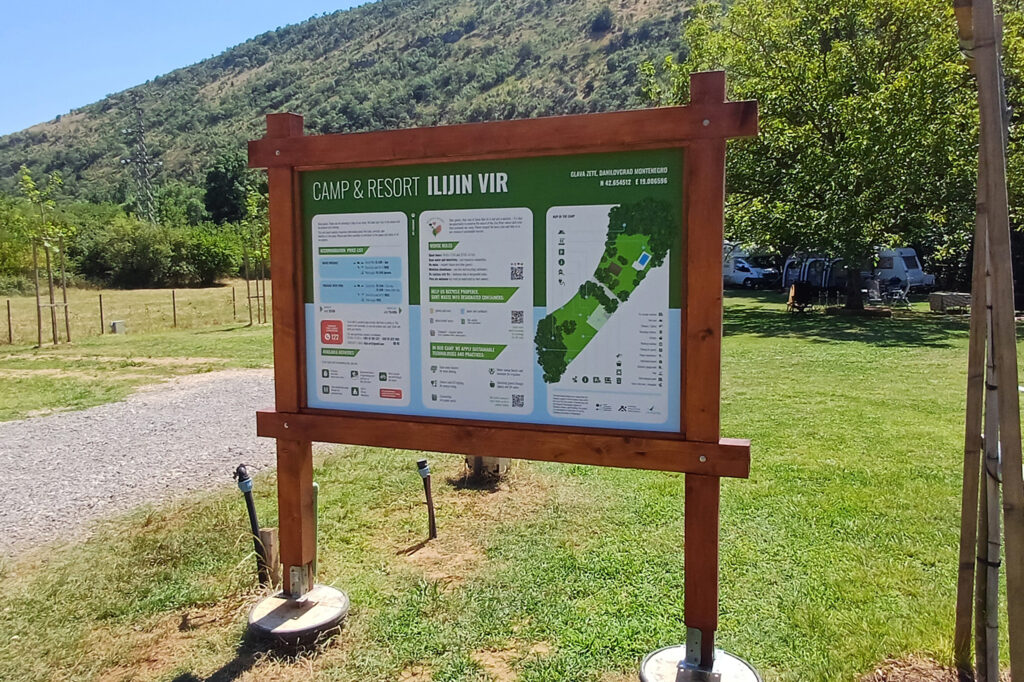
The Camping Association of Montenegro has encouraged other parks to explore similar changes to strengthen the country’s competitive position in ecotourism.
The project is being implemented with financial support from the European Union, in cooperation with the Camping Association of Montenegro and the Agency for the Protection of Komovi, Bjelasica, and Prokletije.
As these efforts continue, Camp “Ilijin Vir” aims to serve not only as a hospitality business but also as a demonstration site for sustainable practices that may influence future development in Montenegro’s camping and outdoor recreation sectors.


